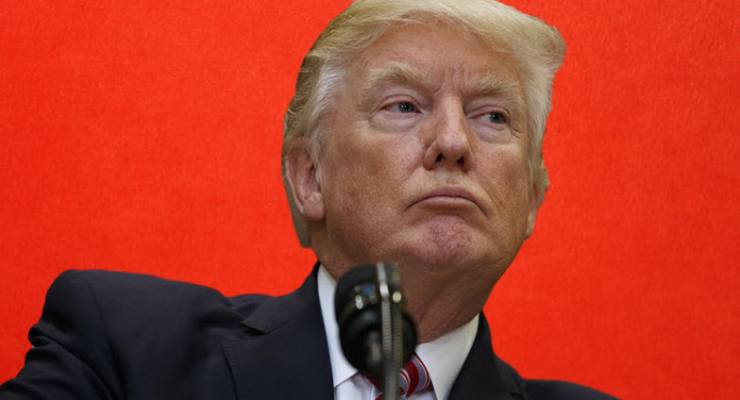
Today’s a moment of truth for the Reserve Bank board, and the government. At 2.30pm we’ll know whether the RBA thinks the economy is weak enough to warrant the boost of an interest rate cut to another, even lower, record low. And if the decision was finely balanced up to the weekend, Donald Trump’s shock threat to lift tariffs on Chinese imports from 10% to 25% this Friday might tip the Reserve Bank’s hand.
The RBA has been watching Trump’s trade war threats and actions for more than a year. In the minutes of the April meeting, the RBA said:
Recent trade talks between the United States and China had taken on a somewhat more positive tone. However, the United States had also said it would consider imposing restrictions on automotive imports, which would affect large car exporters, including Germany and Japan.
Trump’s latest threats — which were backed up by aggressive comments by US trade representative Robert Lighthizer and Treasury Secretary Steve Mnuchin — will have alarmed the RBA. The confusion over the tariffs means Australia, as a proxy economy and currency, will be in line for any sell off triggered by the higher tariffs being imposed by Trump. For that reason, a cut in rates today — and perhaps followed by another in August, as we saw in 2016, the last time rates were cut — could be explained as a form of “income protection” while the economy is vulnerable to external shocks. Monday gave us a hint with the ASX 200 down 0.8% or 52 points as markets in Asia, especially in China, were sold off heavily in the wake of the two Trump tweets on the tariffs.
There are few other signs to suggest the RBA should wait beyond persisting strong jobs growth. The economy was weak in the second half of 2018, retail and car sales are weak (there’ll be further retail sales data today), dwelling approvals are falling and household demand has been suppressed by the government’s wage stagnation policy. Above all, inflation has fallen even further below the bank’s target band — prompting the usual neoliberal deadenders like Warren Hogan to demand the bank move its inflation target goalposts, rather than try to improve economic growth.
The only real question is whether the RBA will wait another month to have a clearer picture on data and, perhaps, some clarity on US-China trade relations. But the question still seems a matter of when, not if.
We will see this afternoon.









Crikey is committed to hosting lively discussions. Help us keep the conversation useful, interesting and welcoming. We aim to publish comments quickly in the interest of promoting robust conversation, but we’re a small team and we deploy filters to protect against legal risk. Occasionally your comment may be held up while we review, but we’re working as fast as we can to keep the conversation rolling.
The Crikey comment section is members-only content. Please subscribe to leave a comment.
The Crikey comment section is members-only content. Please login to leave a comment.